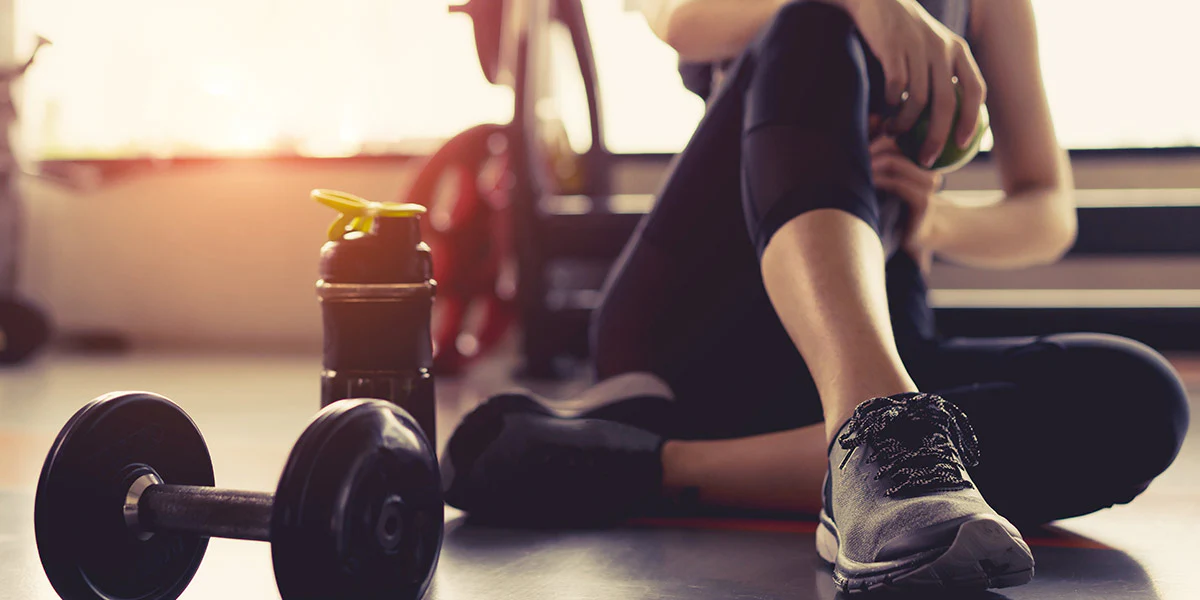Your Ultimate Guide to a Healthier, Happier You

In today’s fast-paced world, maintaining good health is more important than ever. Fitness isn’t just about looking good — it’s about feeling great, boosting your energy, and living a longer, more vibrant life. Whether you’re a seasoned athlete or a beginner, understanding the essentials of fitness can help you create a balanced routine that fits your lifestyle.
What Is Fitness?
Fitness refers to your body’s ability to perform physical activities efficiently and effectively. It involves a combination of cardiovascular endurance, muscular strength, flexibility, and body composition. Simply put, fitness means your body is strong, healthy, and ready to tackle daily challenges.
Why Is Fitness Important?
-
Improves Physical Health: Regular exercise helps prevent chronic diseases such as heart disease, diabetes, and obesity.
-
Boosts Mental Well-being: Physical activity stimulates the release of endorphins, the "feel-good" hormones that reduce stress and improve mood.
-
Enhances Energy Levels: Staying active increases your stamina and reduces fatigue.
-
Supports Healthy Aging: Fitness helps maintain muscle mass, bone density, and joint health, reducing the risk of falls and injuries.
-
Promotes Better Sleep: Exercise can help regulate sleep patterns and improve sleep quality.
Different Types of Fitness Activities
1. Cardiovascular (Aerobic) Exercise
This includes activities that raise your heart rate and breathing, like walking, running, cycling, swimming, and dancing. Cardiovascular fitness strengthens your heart and lungs.
2. Strength Training
Using weights, resistance bands, or body weight exercises (like push-ups and squats) helps build muscle strength, tone your body, and increase metabolism.
3. Flexibility Exercises
Stretching, yoga, and Pilates improve flexibility and joint mobility, reducing the risk of injury and improving posture.
4. Balance and Coordination
Exercises like tai chi or balance drills are essential, especially as you age, to maintain stability and prevent falls.
How to Get Started With Fitness
1. Set Clear Goals
Do you want to lose weight, build muscle, improve endurance, or just feel healthier? Clear goals help you choose the right workouts and stay motivated.
2. Start Slow
If you’re new to fitness, begin with low-impact exercises and gradually increase intensity to avoid injury.
3. Create a Routine
Consistency is key. Aim for at least 150 minutes of moderate aerobic activity or 75 minutes of vigorous activity per week, plus muscle-strengthening exercises twice a week.
4. Mix It Up
Variety prevents boredom and ensures all aspects of fitness are covered. Try combining cardio, strength, and flexibility exercises throughout the week.
5. Listen to Your Body
Rest when needed and don’t push through pain. Recovery is crucial for progress.
Nutrition and Hydration
Fitness and nutrition go hand-in-hand. Fuel your body with balanced meals rich in whole grains, lean proteins, healthy fats, and plenty of fruits and vegetables. Stay hydrated by drinking enough water, especially before, during, and after workouts.
Benefits Beyond the Body
Fitness also improves confidence, social connections, and cognitive function. Group classes or sports can boost motivation and build friendships, while regular exercise is linked to better memory and focus.
Final Thoughts
Fitness is a lifelong journey, not a destination. It’s about creating habits that nurture your body and mind every day. Start where you are, celebrate small victories, and enjoy the process of becoming the best version of yourself.








